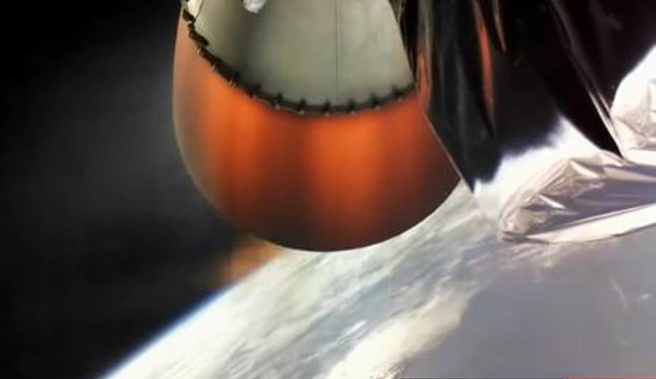
Rocket Lab has just launched its Electron Rocket from Mahia Peninsula, with the rocket reaching orbit for the first time.
It managed it in the very first available window this afternoon.
LIFT OFF!
— Rocket Lab (@RocketLab) January 21, 2018
This follows the company's first launch last May, in which the rocket got to space but did not make it to orbit after range safety officials had to kill the flight.
Electron is orbital. Successful payload deployment. #StillTesting
— Rocket Lab (@RocketLab) January 21, 2018
A planned launch was scrapped yesterday after a "rogue" boat foiled plans, less than a minute before scheduled lift-off.
The rocket is carrying small Earth-imaging satellites for US companies Planet Labs and Spire Global.
Earlier today, Rocket Lab was appealing for boaties to stay away during attempts to launch the test rocket.
You can see its wake in the sky from Hastings pic.twitter.com/WHlHiIysG9
— Anna Lorck (@raising5girls) January 21, 2018
THE ROCKET
• The Electron rocket weighs more than 12 tonnes at lift-off - about the same as a double-decker bus
• Its nine Rutherford engines produce enough thrust to lift that from a standing start
• Power to weight, it is the most powerful machine in New Zealand
• It will take about three seconds to clear the four-storey launch tower
• It will climb to more than 10,600m feet in a minute
• Once past the thicker parts of the atmosphere it will reach 27,000km/h
• Stage 1 of Electron separates after two and a half minutes
• After just over eight minutes Electron reaches orbit about 500km above the earth
• At eight and a half minutes payload separates from the launch vehicle
• It can carry a payload of up to 225kg
• Once in commercial operation launches will cost customers about $7.16m.
• All loads are licenced by international and NZ space authorities
Take your Radio, Podcasts and Music with you









